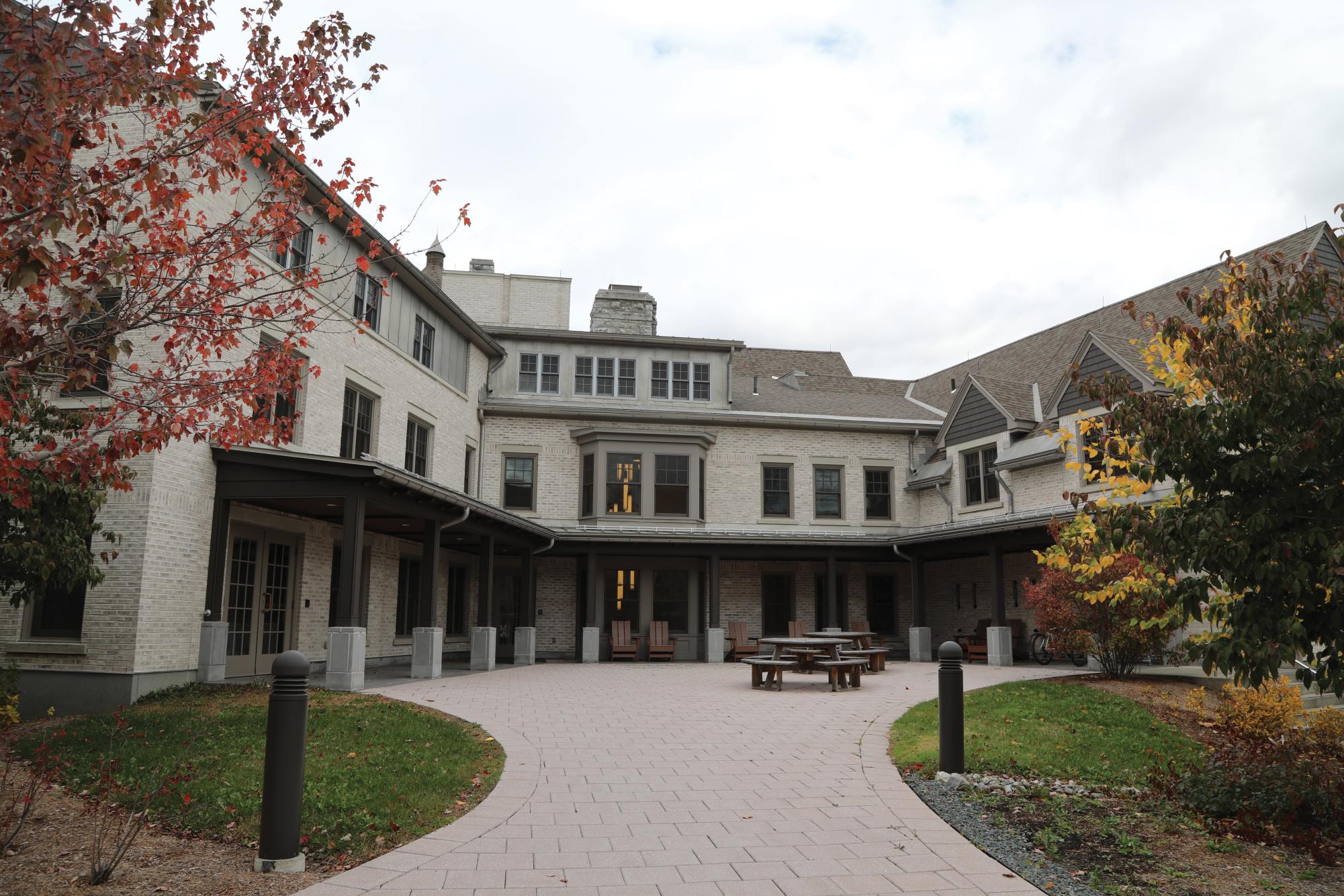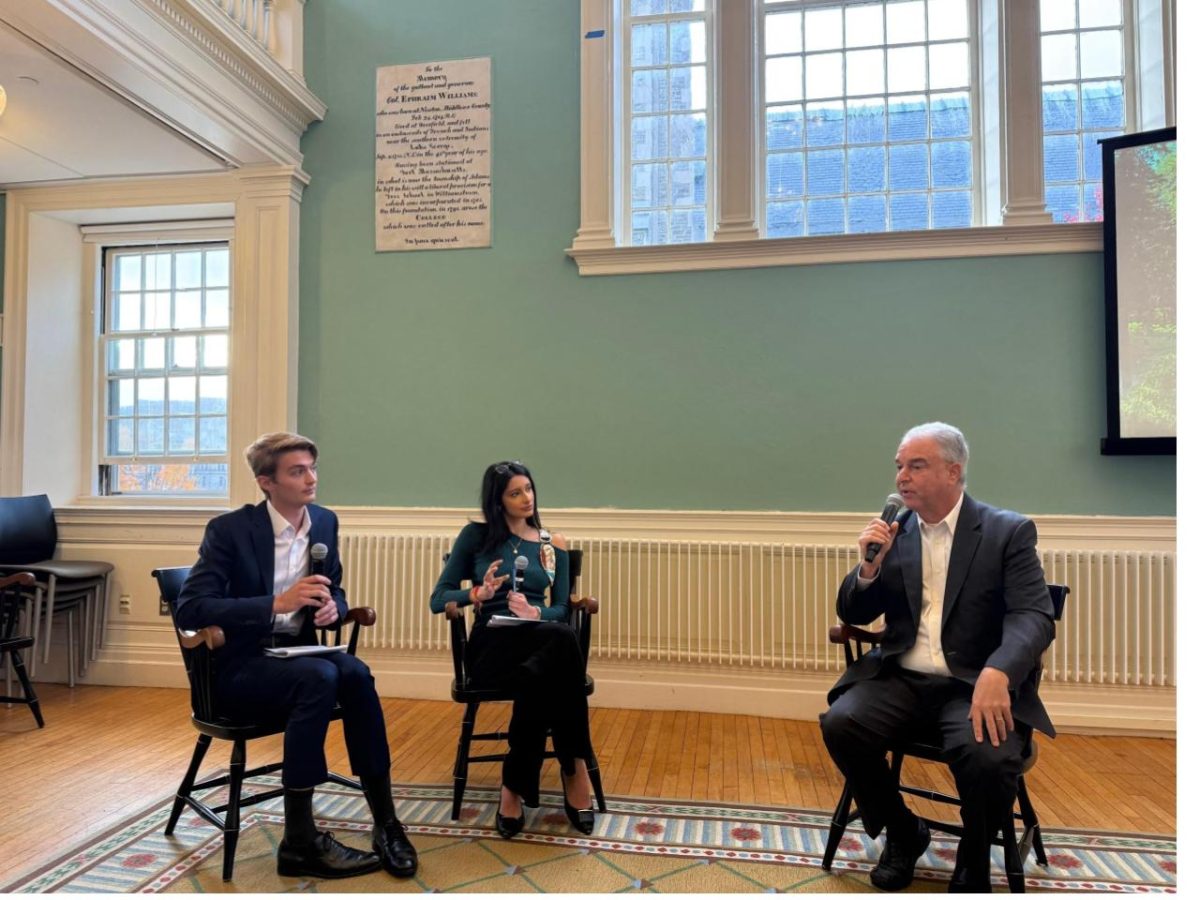
As new policies from the Trump administration sharply restrict student visas to the United States, the Center for Development Economics (CDE) faces new limitations on who may attend the one-year master’s degree program. The CDE accepts mid-career economists from middle and low-income countries with the expectation that the students will return to their home countries to become policymakers.
One admitted student was prevented from attending the CDE by President Donald Trump’s travel ban, which fully suspended all travel to the United States for citizens of 12 countries: Afghanistan, Chad, Republic of the Congo, Equatorial Guinea, Eritrea, Haiti, Iran, Libya, Myanmar, Somalia, Sudan, and Yemen. The restriction was issued on June 4 in a Presidential Proclamation titled “Restricting the Entry of Foreign Nationals to Protect the United States from Foreign Terrorists and Other National Security and Public Safety Threats.” The ban also curtailed access to several types of visa — including the J-1 visa that CDE students use — for citizens of seven more countries: Burundi, Cuba, Laos, Sierra Leone, Togo, Turkmenistan, and Venezuela.
Most students from the CDE’s current class had already received their visas before the announcement, including five students from the list of newly “banned” countries, and were still able to travel to the United States. One accepted student from Somalia had not received his visa by June 4 and was unable to enter the country and attend the College.
CDE Associate Director Rachel Louis said that the CDE has not made any decisions on how the next year’s admissions process may change. “We are accepting any and all applications,” she said in an interview with the Record. “We have not made any decisions yet on how to consider applications from people in countries that, right now, could not get a visa, in part because we feel like the rules can change.”
Louis emphasized that the CDE is continuously monitoring the latest information and collaborating with other schools to determine how to support international students at this time. Additionally, Louis said that the CDE has longstanding relationships with the offices of Massachusetts Senators Elizabeth Warren and Ed Markey, which have proved particularly helpful in dealing with previous visa delays and communication with U.S. diplomatic missions. “We have been able to contact [the staff member who deals with immigration-related concerns], and she can reach out directly to the embassy. She can’t necessarily get more information, but at least she gets a response,” Louis said.
If the ban holds, the compositions of future CDE classes will differ from recent years. Currently, five out of the program’s 26 students are from affected countries. Since 2020, the CDE has trained 163 students, according to its website. Nineteen of those students are from now-restricted countries.
New rules from the State Department, issued in July, require that newly-issued visas for nationals of 53 countries have a significantly shorter validity period, typically requiring visa holders to travel to the United States within 90 days of visa issuance. These rules pose another problem for the CDE’s admissions process, as the CDE usually advises incoming students to begin applying for their visa immediately after being accepted in late February.
In addition to the travel ban, the Trump administration has limited avenues for immigration, including increasing the fee for H-1B visas. Louis said she worries that these restrictions contribute to an atmosphere of suspicion toward immigrants. “The big concern is … whether or not international students are going to want to come here,” she said. “I feel like the U.S. is not feeling like a very welcoming place right now… Is that worth their time and effort to go through the process to try to get here, if then they might not be able to get a visa? And should they want to come somewhere where the government is basically saying, ‘We don’t want you’?”
Louis dismissed the idea that students in the program could pose any threat to national security, which is the stated reason for recent restrictions. “I am not concerned that anybody is anti-American,” she said. “They might not love everything that we do, but these are people who really want to come here, and they sacrifice a lot to be here.”
“We have had women come, leaving babies at home for a year,” she continued. “We have had men come and miss the births of their first children. So to me, that always reminds me how important this program is and how important this training is. They really want to be here. They are not coming to cause any trouble.”








